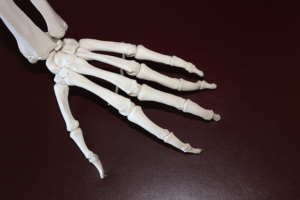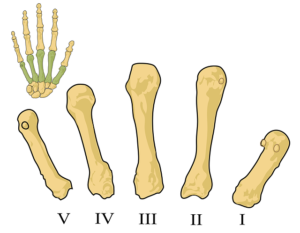Virtual Exercise Effective for People with Arthritis and Helps Them Stay Socially Connected Too – Newswise
Newswise — ATLANTA — New research presented this week at ACR Convergence, the American College of Rheumatology’s annual meeting, found that a virtual exercise program can be safe for people with musculoskeletal conditions, improved their health outcomes, and helped them feel more socially …….

Newswise — ATLANTA — New research presented this week at ACR Convergence, the American College of Rheumatology’s annual meeting, found that a virtual exercise program can be safe for people with musculoskeletal conditions, improved their health outcomes, and helped them feel more socially connected, an important benefit during the pandemic when many people have chosen to avoid in-person exercise classes (Abstract #1451).
Osteoarthritis (OA) is the most common musculoskeletal condition, that causes pain, limited mobility and loss of physical function, which can affect an individual’s quality of life. OA often affects middle aged to older individuals. It is commonly referred to as “wear and tear” of the joints, but we now know that OA is a disease of the entire joint, involving the cartilage, joint lining, ligaments, and bone. OA development and progression can be affected by genetics, mechanical stress, body weight, diet, and physical activity.
About 26% of U.S. adults are physically inactive, and this is more common among people 65 and older. Nearly 75% of seniors have a musculoskeletal condition, and when coupled with physical inactivity, they are more likely to have poor health outcomes, such as lower pain tolerance, weak muscles and stiff joints. The COVID-19 pandemic added another wrinkle: older adults who stayed home to avoid exposure to the coronavirus may have felt more socially isolated and less likely to get the exercise they need at local gyms or classes. To reach these older adults, Hospital for Special Surgery (HSS) switched their Pilates, yoga and tai chi exercise programs from onsite to the virtual platform Zoom in March 2020. This study measured the health outcomes and social connectedness of older adults who participated.
“The pandemic disrupted many aspects of daily living, such as engaging in physical activity and interacting with friends and family. Unfortunately, older adults were the most vulnerable to greater health risks during this period, leading to potential worsening of musculoskeletal conditions and emotional distress,” says Titilayo Ologhobo, MPH, Director, Outcomes and Data Analytics at HSS and the study’s author. “Healthcare delivery is constantly changing, but considering the impacts of the lockdown, there was a need to quickly adapt to virtual programming, especially for vulnerable older adults. We need to know if virtual exercise classes are effective for older adults, because it provides continued access to these services, keeps them physically active from the comfort of their homes, and reduces isolation.”
All classes were 60 minutes long and low intensity. Participants were able to talk and socialize before the guided exercises began. The researchers evaluated the programs’ effectiveness based on pre- and post-course online surveys. They assessed the socio-demographics of the participants, as well as self-reported health outcomes like pain intensity, pain interference with daily life, physical function, stiffness, fatigue, physical activity, and self-efficacy.
The virtual exercise programs reached 6,779 people. …….







